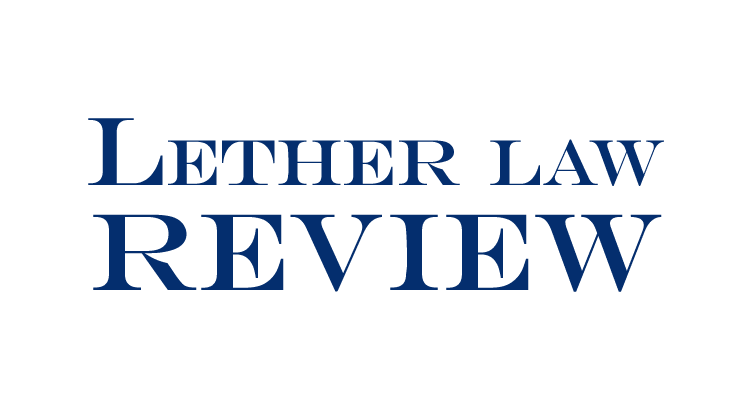As many of you likely recall, the Washington Supreme Court affirmed the trial court’s dismissal of the statutory extra-contractual claims asserted against an employee-adjuster on October 3, 2019 in Keodalah v. Allstate, 194 Wn.2d 339, 449 P.3d 1040 (2019). However, as we noted in our newsletter discussing the opinion, the Court seemingly left open the possibility that certain extra-contractual claims could be brought against adjusters based on the common law.
In particular, we noted that the majority opinion did not address whether a common law bad faith claim against an adjuster was legally sustainable in Washington. In fact, the dissent expressed a belief that such a claim should be recognized in Washington. Further, all of the Consumer Protection Act (“CPA”) claims addressed in Keodalah were per se claims based on violations of statutes and regulations applicable to insurers. The Keodalah court did not address so-called traditional common law CPA claims based on the Hangman Ridge elements proscribing any deceptive or unfair act or practice that occurs in trade or commerce, affecting the public interest and proximately causing injury to business or property.
A recent federal court decision has once again addressed the dispute over whether adjusters can be held liable under certain extra-contractual claims post-Keodalah. In Leonard v. First Am. Prop. & Cas. Ins. Co., 2020 U.S. Dist. LEXIS 23680 (W.D. Wash. 2020), Judge Ronald B. Leighton was confronted with a Motion to Remand after First American removed the Leonards’ state court action asserting various extra-contractual claims against First American and its adjuster. The Removal was based on the premise that the claims asserted against the non-diverse adjuster were fraudulently joined and precluded by Keodalah.
In granting the Motion to Remand, Judge Leighton expressly recognized that the Keodalah court left open the possibility that a common law bad faith claim against an insurance adjuster could be a viable cause of action in Washington. He also cited to Panag v. Farmers Ins. Co. of Washington, 166 Wn.2d 27, 41-42 (2009), wherein the Court held that no contractual relationship was necessary to prevail on a CPA claim, to support the proposition that a traditional CPA claim against an insurance adjuster could also be viable. While Judge Leighton recognized that these causes of action might eventually be dismissed or precluded, he ultimately ruled that “it is better to leave such novel questions of Washington State law to Washington State courts.”
Based on Judge Leighton’s analysis in Leonard, it appears that the Supreme Court’s decision in Keodolah may have only been a partial step in addressing the viability of direct causes of action against insurance adjusters in Washington. We will likely not know with certainty what, if any, claims may be brought against adjusters in Washington until common law bad faith claims and common law CPA claims against adjusters are tested in Washington appellate courts.
If you have any questions regarding the effect of the cases discussed herein or any other issues involving Washington insurance law, please do not hesitate to contact our offices.

